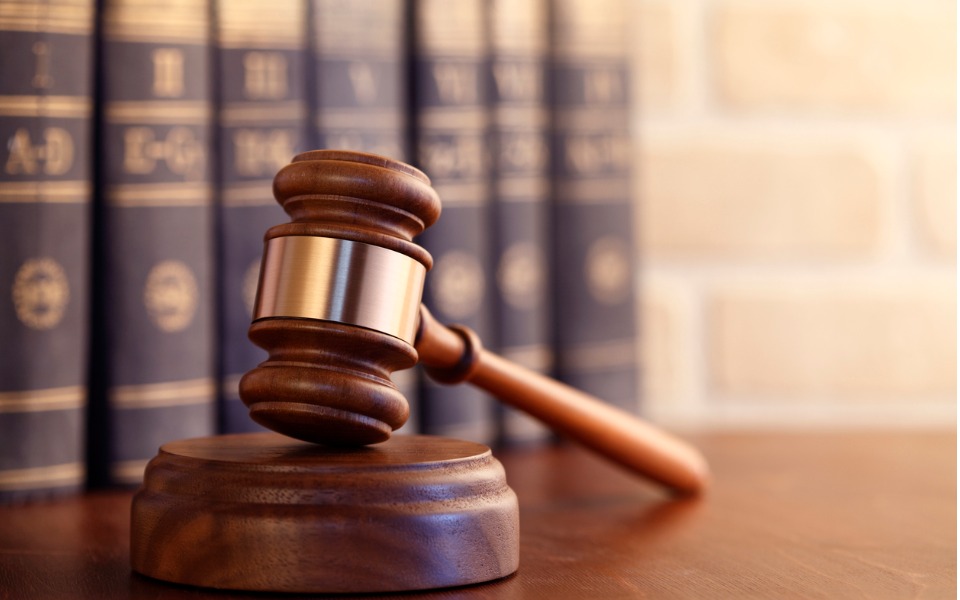Nithyakalyani Narayanan. V
On August 16th, the Centre suggested a Standard Operating Procedure (SOP) that courts, including the Supreme Court, may observe while directing the personal appearance of government officials in their official capacity.
Solicitor General Tushar Mehta submitted the SOP to the Supreme Court. It is envisioned to apply to all proceedings in government-related matters before the Supreme Court, High Courts and all other courts that are hearing matters under their respective appellate and/or original jurisdiction or contempt proceedings.
The following are some of the proposed rules:
In-person appearance: The personal appearance of government officials should be ordered only in exceptional cases. The courts should practice necessary restraint while summoning government officials, including in contempt cases.
When an in-person appearance is unavoidable, due notice must be served in advance to the official, giving adequate time for such an appearance.
Even in exceptional cases where personal appearance is mandatory, the court should consider videoconference as the first choice. The invitation link can be sent by the registry to the given mobile number or email address of the official at least one day before the scheduled hearing.
The appearance of a government official should be avoided in cases where they are not a compulsory respondent. This applies to contempt proceedings as well.
Comments on the physical appearance or dress or educational and social background of the official should be avoided. The officials are not officers of the court and hence, there should be no objection to their appearance in decent work dress unless such appearance is unprofessional or unbecoming of her/his position.
Orders: Wherever the proceedings are related to an official or authority that has been conferred the status of a Court, the Appellate Court must limit its decision to only the legality of the order. Facts already considered by the official or authority need not be considered afresh by the court.
The Appellate Court can examine substantive facts that were not considered by such official or authority and refer the same back to the official with relevant directions. However, calling for the in-person appearance of such an official before the court during the regular hearing of the appeal is not necessary.
Contempt proceedings: No contempt should be initiated in case of statements made in Court by Government counsel that is contrary to the stand of the government affirmed through its affidavit/written statement or reply submitted before the court.
Before initiation of contempt proceedings, a prayer for review petition on behalf of the government may be entertained by higher courts wherein it is prayed that substantive law points have not been considered by the court during the adjudication of the matter.
In cases where a review petition has been admitted against a contempt order of a lower court, the court should take cognisance and not initiate any related contempt proceedings in the instant matter.
A judge should not sit on contempt proceedings relating to their own orders.
Policy matters: If the issues are within the exclusive domain of the executive, the Court may refer them to the executive for further necessary action.
In case of matters before the Court involving public policy having wider implications, an exercise of caution is recommended to settle the point of law before pronouncing the decision on individual representation.
If a committee is needed to set up for further examination of the matter under consideration, the Court may prescribe only the broad composition or domains of members or chairperson of such committee instead of naming individual members and leaving the selection of members or chairperson with the executive or administration.
Timelines: Compliance with judicial orders involving complex policy matters require various levels of decision-making and/or approvals. The Court may take this into consideration before contemplating affixing some specific timelines for compliance with its orders.
If an order has already been passed and the time frame stated in the judicial order is requested to be revised on behalf of the government, the Court may allow for a revised reasonable timeframe for compliance.


